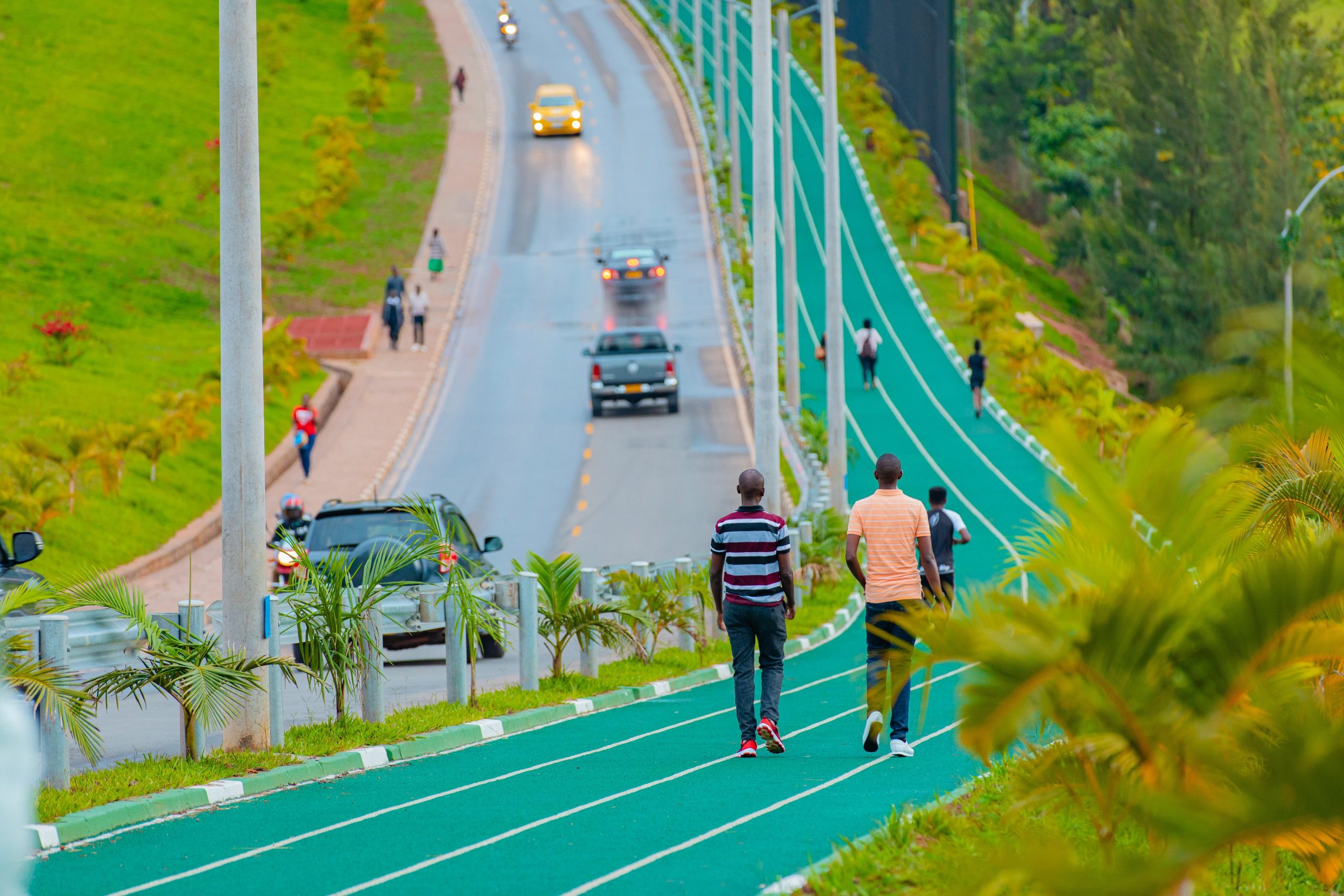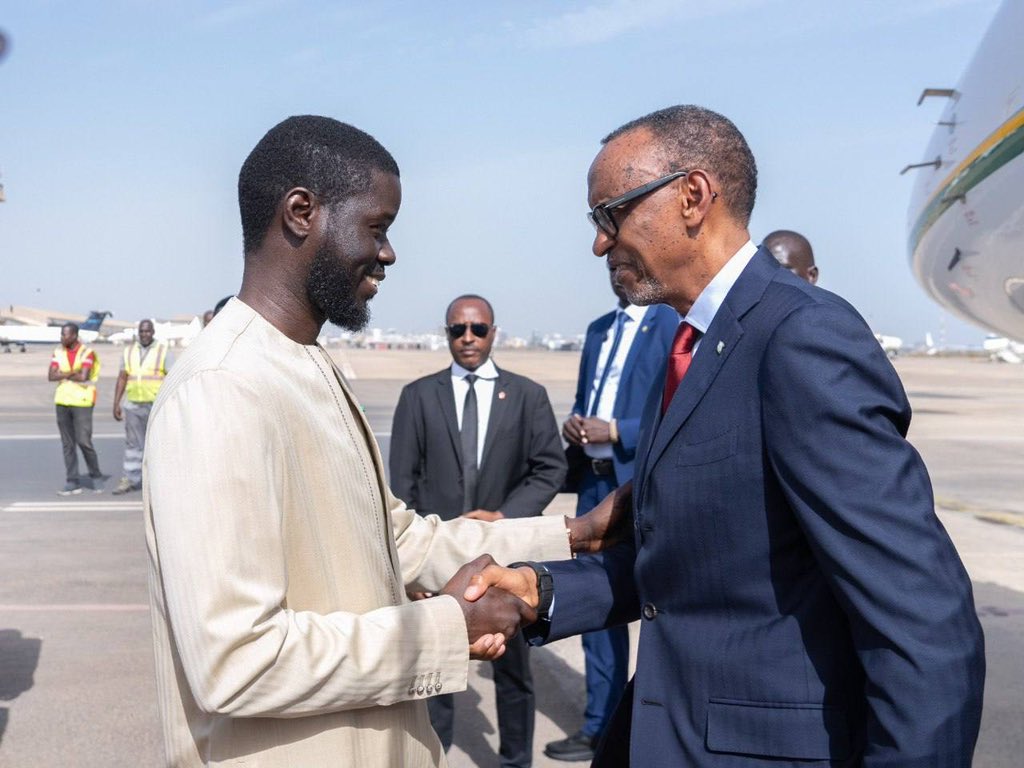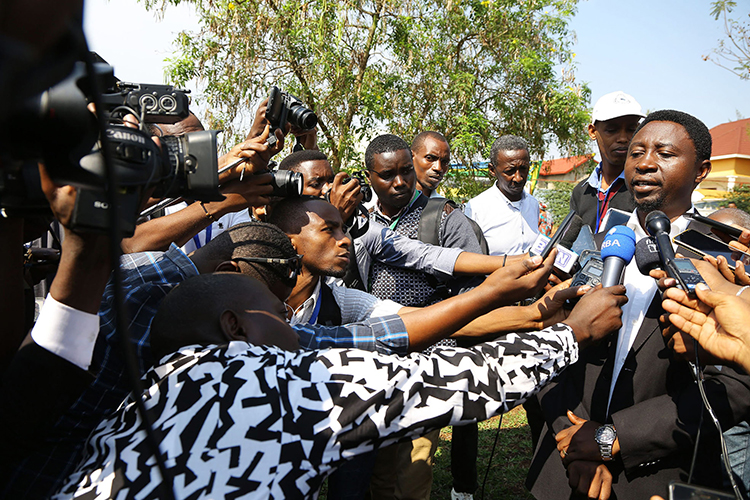Every morning I receive an e-mail titled: ‘Today in Parliament’, sent by the parliament’s communication person. The e-mail aims to inform me daily of the work of our parliament and invite me to attend. It always starts with: ‘Dear partners…’
When I wrote the piece about the police early this week, I immediately received phone call from the Police Spokesperson. After he’d explained the position of the police, he added; ‘I see you on television doing debates right?’ Yes, I said, ‘Yeah, we all do the same job…’ – he remarked, before he offered to publish a police response on my blog.
I am not a policeman, nor a parliamentarian, but both entities consider me to be a partner. Yes I am a partner; in enhancing democracy and justice in my country. But do we all, media practitioners, grasp what that entails?
Rwandan journalists are angry with me for calling them clueless and spinners. But am I wrong? You see I thought maybe it is because most of our English writers have a Ugandan background and a western training. They were trained, or at least learned their work from political environments that I call: Red-pepper mentality; where the governments do not feel accountable, both to them and to the public. As the Ugandan song goes: ‘abogera, bogere’.
While it is unimaginable here to have a civil servant continue serving after his/her corruption has been made public, and many are frequently sacked for failure to meet their annual performance results, in Uganda, in South Africa or even in France or in the US, journalists routinely report corruption cases by senior civil servants, failure of so and so policies, with nothing done.
Journalists trained in such environments are wrong-footed by the Rwandan political environment where criticism is harnessed. As a matter of fact, it is not even considered criticism, it is considered useful contribution. The same analysis can be made about politicians who want to be ‘opposition’, while government is keen to give them the floor to implement their interesting policies.
But it is not their fault; we may just be asking them what they cannot give. Like the saying goes, ‘even the most beautiful woman, can only give what she has…’ Save from two or three individuals, there are no journalists to speak of really. As every ‘employable’ person in the media prefers to seek employment where it pays.
Accordingly our politicians routinely tweet and re-tweet foreign journalists writing about Rwanda instead. I have heard rumors that government even pays foreign journalists to write about Rwanda. All governments do that, except they mostly hire their own local media. In Rwanda there is no such thing, sadly; there is no quotable media source, nor renowned journalist that people can say: ‘if he/she said it, then that is to be taken seriously’. What we have are spinners, seeking to create storm in a teacup.
The Rwandan culture is different from Ugandan and much different from Congolese. Here people do not crack jokes about themselves and laugh. Rwandans do not enjoy telling stories of their own mediocrity. When a weakness is highlighted, those in charge are expected to address it in earnest. Accordingly, the government is always looking for fresh ideas.
Media has an opportunity here, they are expected by the government to be partners; agents of change. Except they do not know how to leverage on that privilege, because they just don’t have the capacity.
Unfortunately they only know how to be whistle blowers, spinners and slanders. They like ‘byacitse’ (things fall apart) narratives. A rather miserable role in Rwandan culture. So the government, either ignores them, or pays them to transmit policy directives and announcements to the public; like good bandwidth, with no data…
When I open a newspaper in the morning, it is to read opinion pieces by Kayumba, Golooba, Rugira, Kimanuka, Rwagatare and maybe Ntayombya and Namata. In other words; I mostly read articles written by people who have other jobs and write as a hobby. Because when I try to read articles by our journalists, they aren’t sound. I search and search, but there is just nothing in there; its frustrating…
The best among them find employment elsewhere. In the image of our Minister of Foreign Affaires, a carrier journalist, who is now a fine diplomat; Imagine reading the column by Mrs Louise Mushikiwabo in the media every morning…
Even young Sunny Ntayombya, a decent writer, has decided to join TIGO; excellent choice, in my opinion; he has a girl to marry, a life to live. When I met Muvunyi Fred in Holland and asked him to come back to Rwanda, he asked me; what am I to do there? Well, if you have a job here, stay. I could only say to him.
It takes open mind to admit one’s shortcomings. So journalists, just like ‘opposition politicians’ will tell you there is no freedom; they are harassed. But freedom is exercised on a spectrum. Especially for journalists and politicians it is a delicate thing that needs to be handled with care. If one doesn’t know how to handle it, one tends to abuse it.
Journalists have gotten in trouble in this country for slander. But their colleagues are unable to tell the difference between whistleblowing and slander. So they are scared, but their fear is in fact, misplaced. A professionally written document with facts and sound analysis can’t be both dismissed and attacked.
Before I read the article by Dr. Frederick Mutebi-Golooba and David Booth on RPF’s business investments (here: bit.ly/1P9UHZb) I had been told by Rwandan and western media that the ruling party’s businesses were all guarded in secrecy
I could go on and on. And I know journalist will crucify me shortly after I publish this. But we really need to start hiring quality in our media.
Training, capacity building, all that won’t do; like another saying goes: ‘Umwana uzapfa, n’ubwo wamuhata Guigoz…’ (Don’t flog a dead horse). The East African is doing great, and the New Times, well, is good ‘Bandwidth’. If we want more critical print media, in English, people need to put money where their mouth is.












Leave a Reply